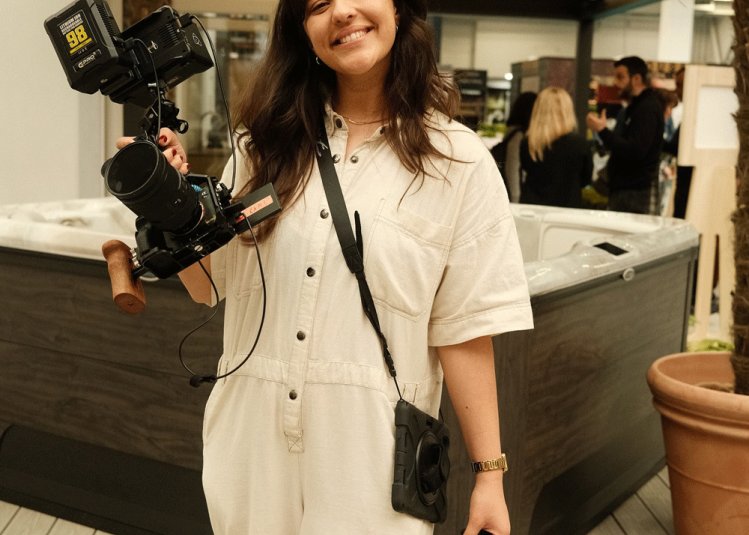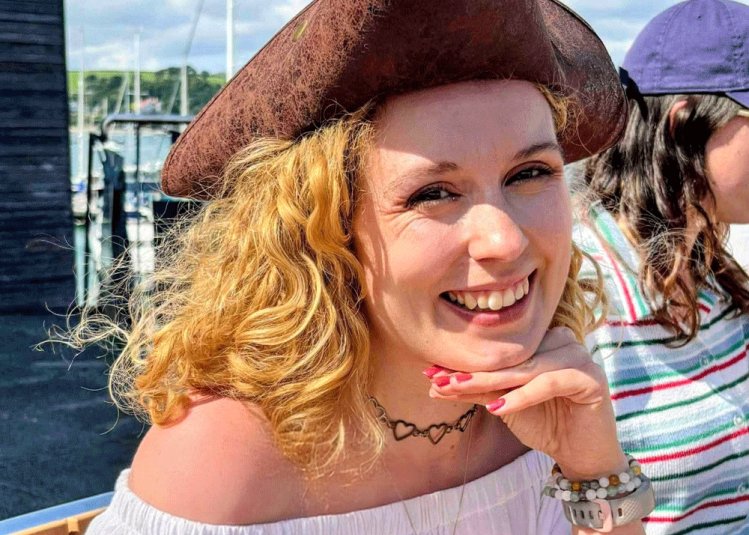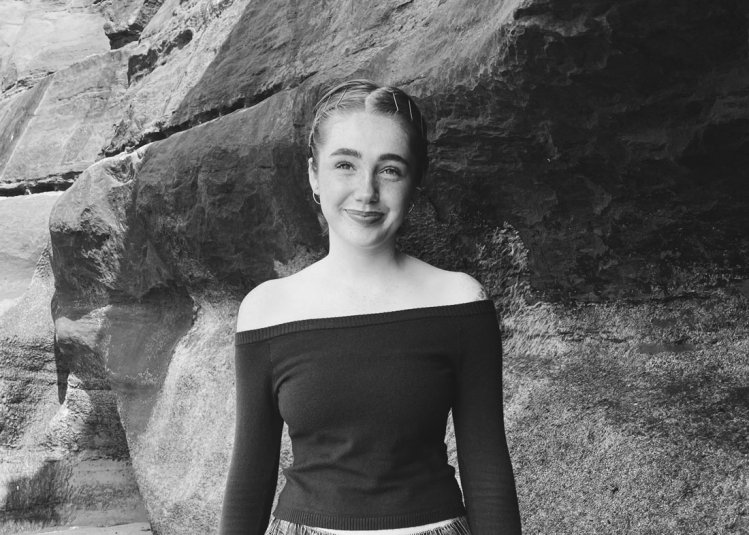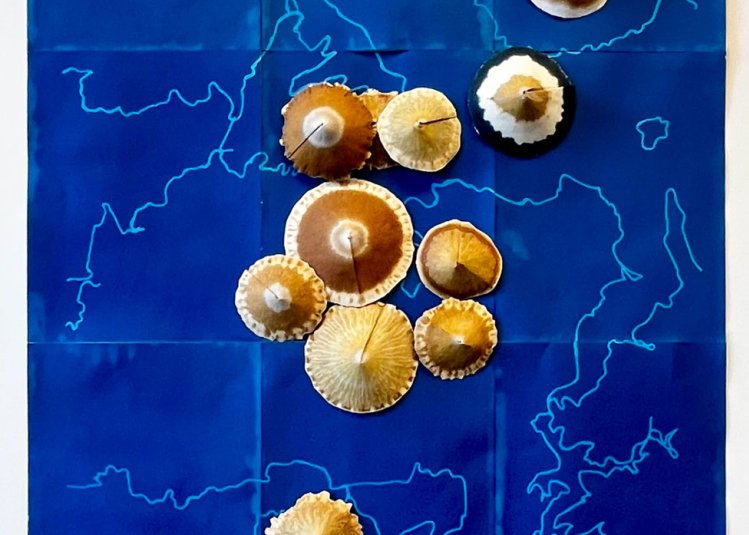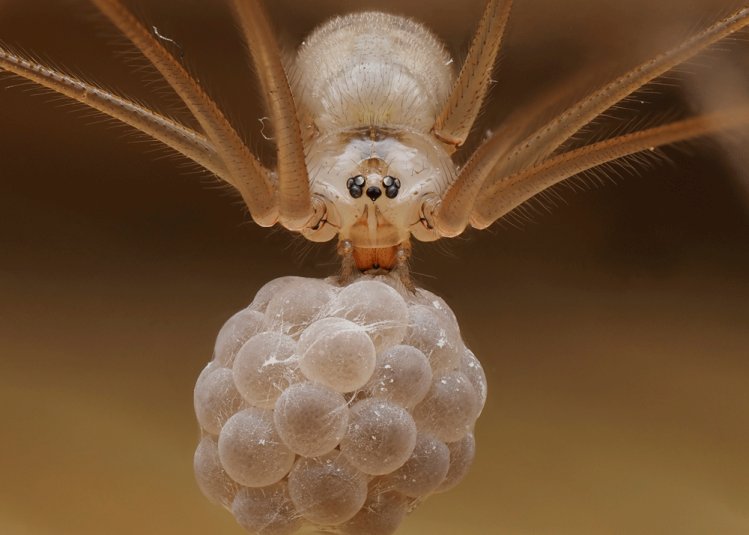Master’s graduate illustrates Penguin-published children’s books in India and Southeast Asia
08 August 2025
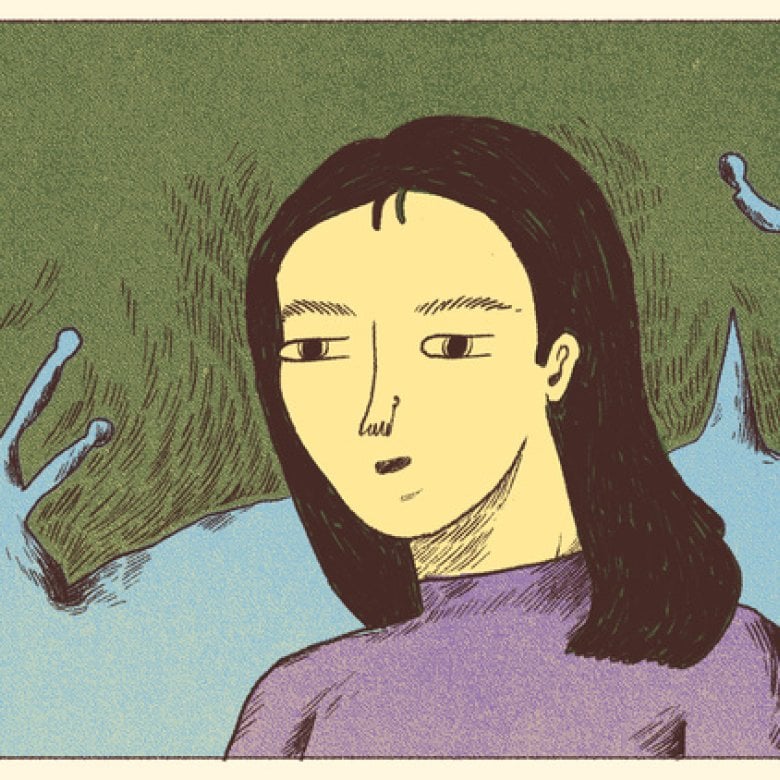
For Sana Bansal, creativity is a way to open the mind to new ideas and perspectives, ask questions and explore our place in society. The Illustration: Authorial Practice MA graduate’s curious and personal approach has helped her to secure commissions with an impressive array of clients since completing the master’s in 2023 – including Penguin Random House – as well as manage a successful commercial arm through print sales.
Her work has recently charmed leading creative platform It’s Nice That, and is set to be part of Lustr, an international illustration festival in Prague this September.
We caught up with Sana to learn how the course helped her practice to evolve into such a multifaceted and successful form.
What drew you to studying Illustration: Authorial Practice MA at Falmouth?
I studied design during my bachelor's degree and picked up a few illustration modules during that time. Over the years I found I really enjoyed telling stories visually and wanted to develop my practice further through in-depth practice-based learning. Falmouth's MA programme was really exciting to me as it focussed on narrative illustration and was very open. It felt like a course where I could be hands-on with different tools like printmaking and printing, alongside the theory and critical understanding of authorial illustration. Being from a big city overseas, I was really excited by the idea of living peacefully by the sea, so Cornwall felt like the perfect place to focus on my practice.
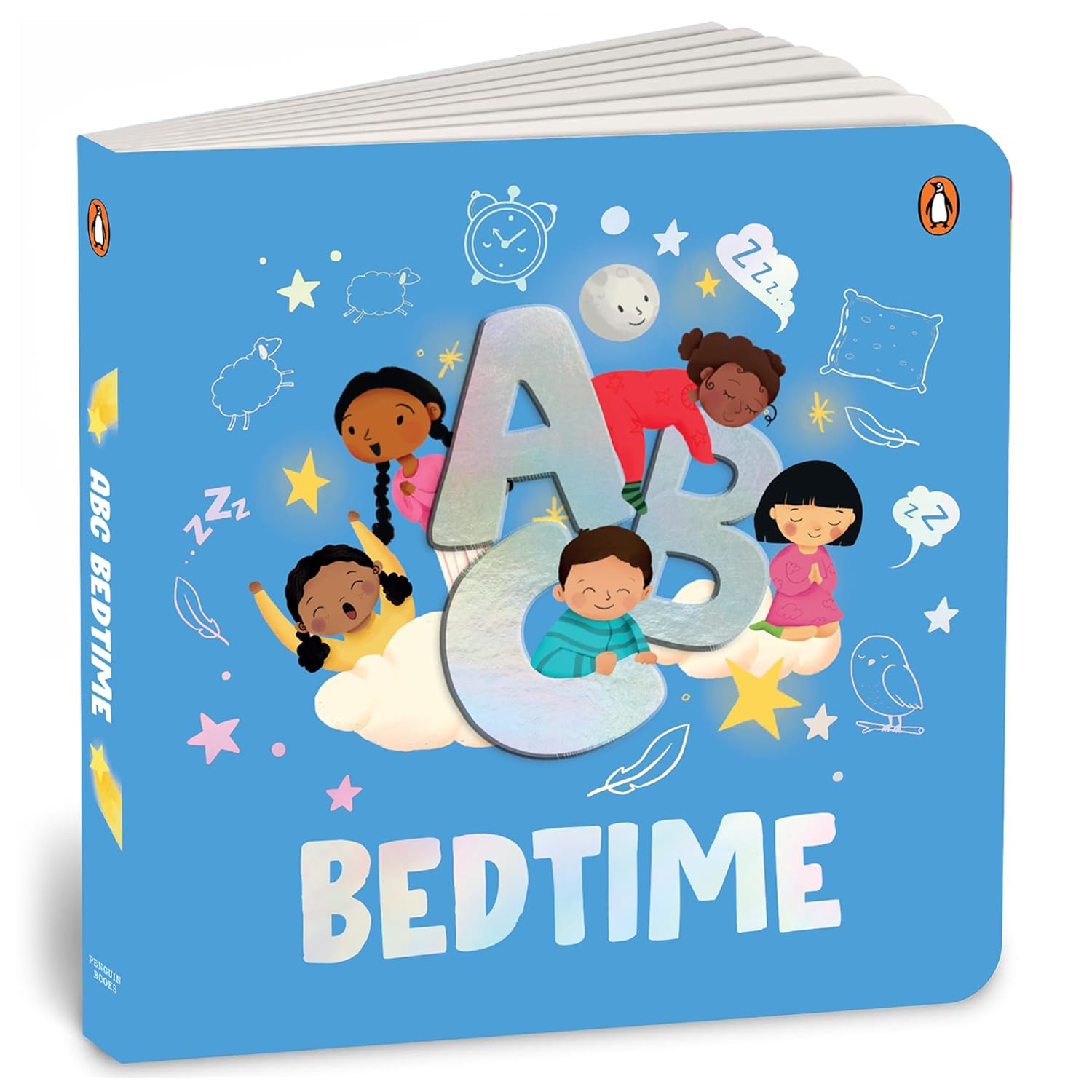
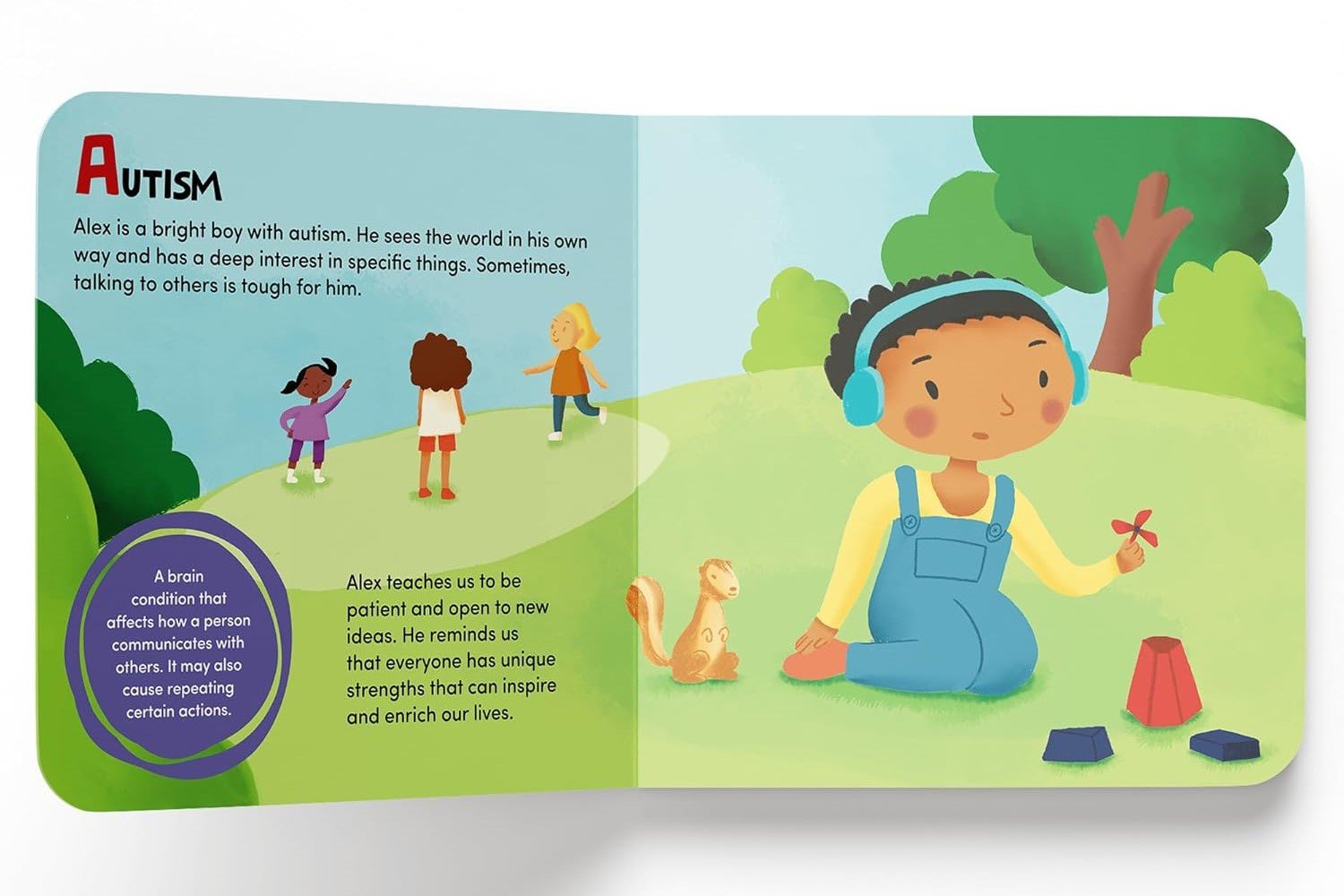
You’ve worked for some big-name clients like Penguin Random House. Is there a project you’ve worked on during your career so far that you’re particularly proud of?
The project with Penguin was a great experience: I worked on two board books for their young audiences in India and Southeast Asia and was able to incorporate important elements like diversity into their visual style. I got to work with an art director who trusted my process, which was key. It was a lot of work in a fairly short amount of time so I'm really proud of how the books came together in the end. It was so rewarding to see the books out in bookstores where I grew up.
How did your time on the course transform your creative practice?
I took the time on the course to really focus on developing my ideas and explore different forms of storytelling. I tried short form print comics to longer form digital ones, explored printing techniques like Riso and Mono printing. It reminded me that I don't have to stick to one way of working, and how you never know when trying new things can inspire another story or idea. I found I enjoyed working on short form comics, using a mix of analogue and digital media, and have incorporated this into my practice now. It's also the time I realised that while illustration has a commercial side, it can also be a deeply personal artistic practice, and that both can exist alongside each other, which is totally okay!
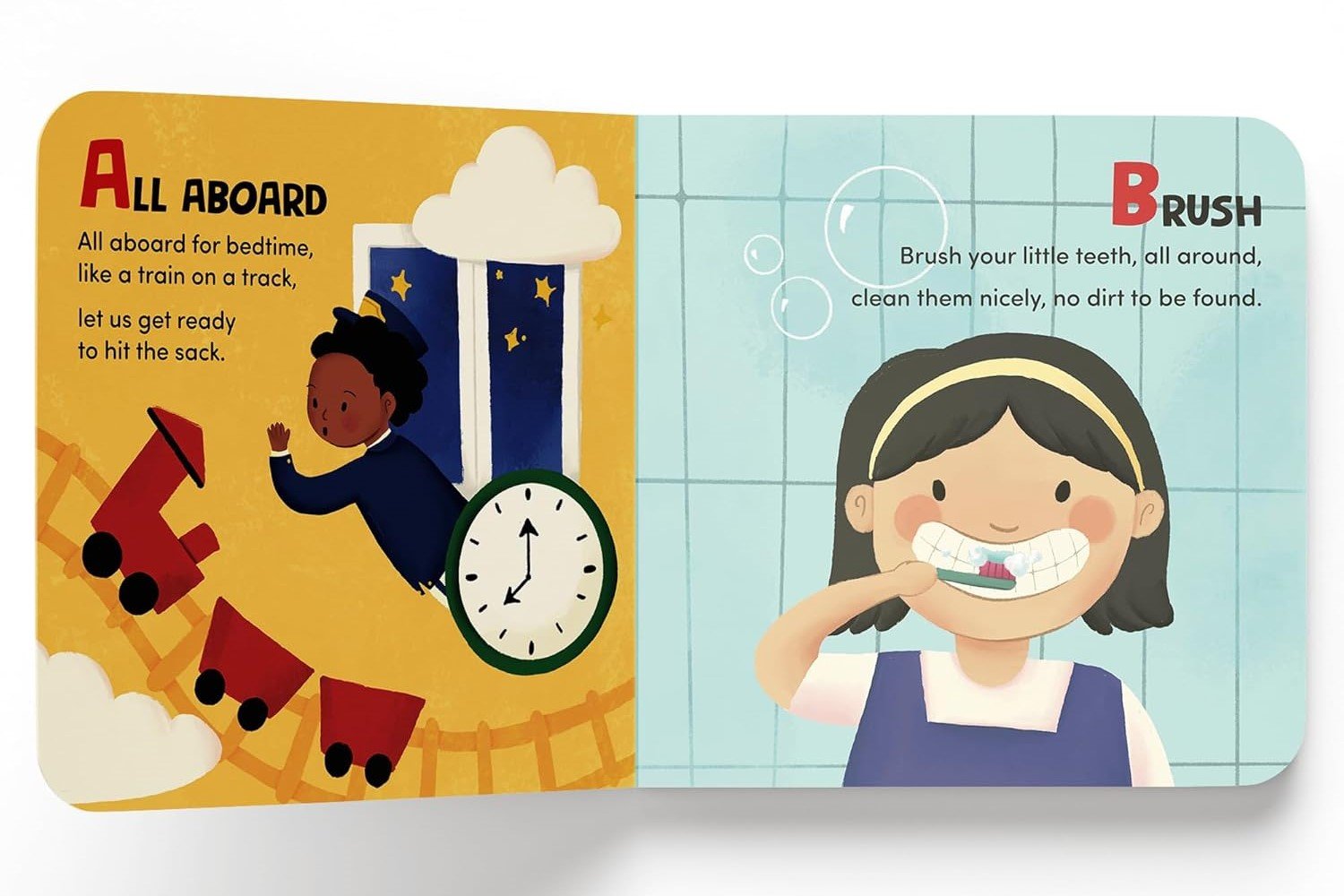
What other skills did you develop?
The course helped me develop my research skills in illustration theory, being introduced to incredible resources through the course tutors, the Falmouth library and the guest lectures. I also really enjoyed collaborating with peers and fellow artists on publications, group shows and organising pop-up events around Falmouth. The sense of community was great in an otherwise independent practice like illustration.
With the pace of technological change and the rise of AI, why do you think artists and creative thinkers are important?
Artists express how they see the world, and this perspective is essentially unique for each of us as people. I'm not sure what the future holds for us in terms of AI, but I believe creativity is a very human thing, and people will always connect to stories that capture that humanity.
Picture credits: Penguin Books India
